Sensitive content
This site contains sensitive content that includes references to sexual violence.
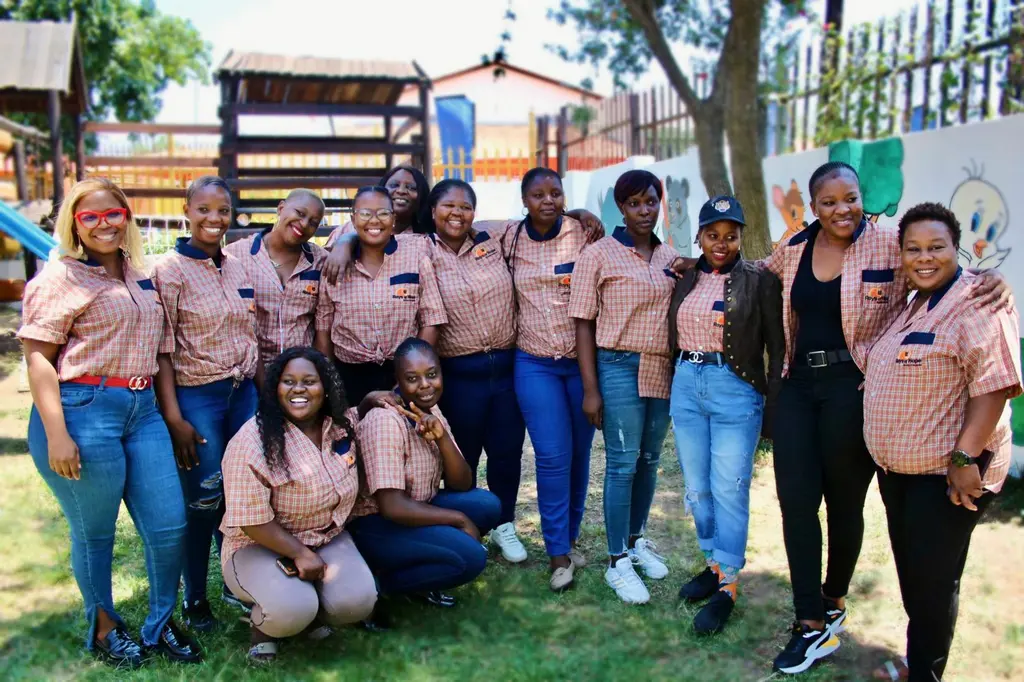
Through school-based programs, Rays of Hope Community Development Foundation is helping create safe school environments in Alexandra, South Africa by raising awareness about the impact of gender based violence and harmful gender norms, and building a resilient community to stand together against violence in all its forms.
Gender-based violence (GBV) remains one of the most pressing challenges in Alexandra. It affects women, children, and families daily. In a community already burdened with overcrowding, crime, and unemployment, GBV intensifies cycles of trauma and vulnerability.
At Rays of Hope, we believe breaking the silence and building resilience are essential for long-term transformation. By creating safe spaces and raising awareness about the impact of GBV, we fill a critical gap and mobilize the community to stand together against violence.
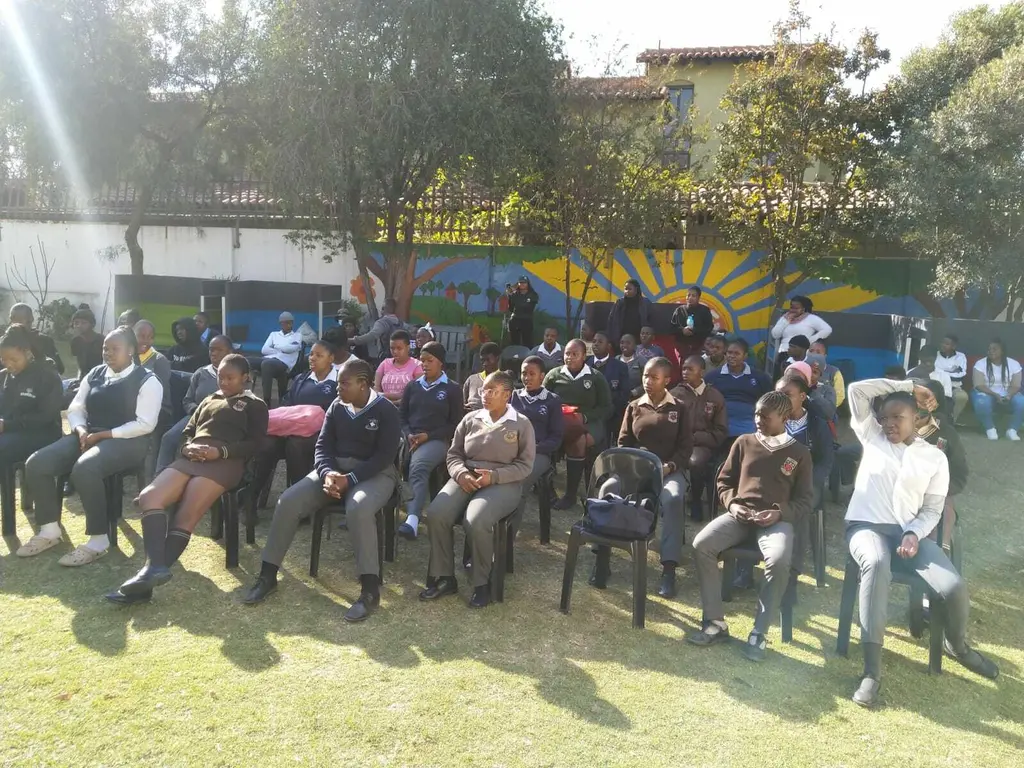
School environments in South Africa are deeply impacted by violence. Recent research has found that 68% of teachers and 49% of learners in South Africa report experiencing physical violence directly or indirectly within school settings.
For this reason, much of our GBV prevention work takes place amongst school learners and their educators, where learners are most open to new ideas and where long-term change can take root. Our school-based programs place a strong emphasis on engaging learners—especially boys and young men—by raising awareness about how toxic masculinity fuels violence and equipping them with tools for healthier, more positive expressions of masculinity.
Facilitated in classroom environments, our programmes create safe spaces for learners to reflect on the harmful norms that fuel gender-based violence and to consider alternative, positive ways of relating to one another.
"By directly engaging learners, we equip them to recognize and challenge harmful behaviours and become champions of respect, empathy, and equality within their peer groups and broader communities."
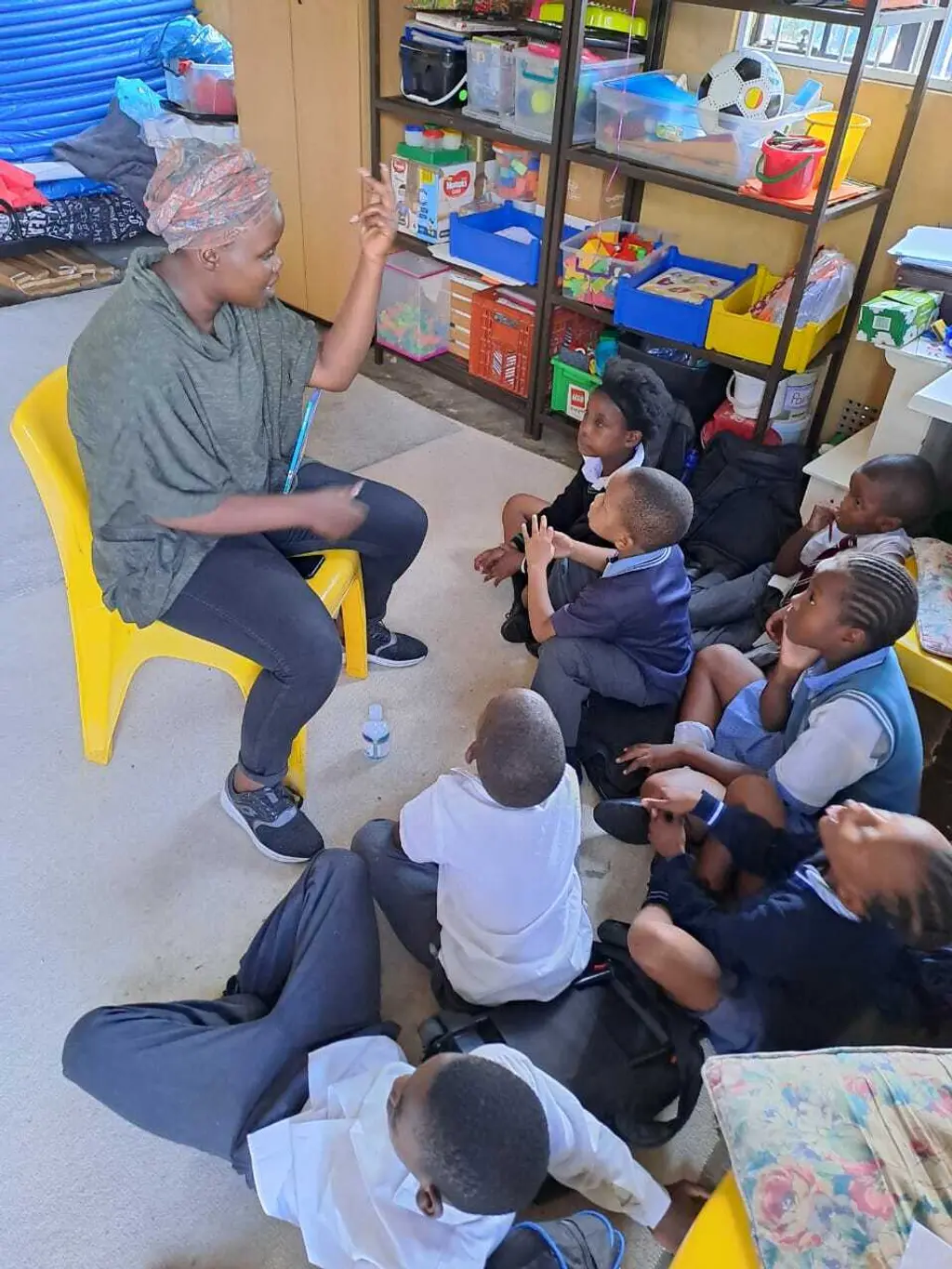
A highlight of this impact has been the school intervention programme at Marlboro Gardens Combined School. Facilitated directly with learners, the programme created a safe environment for boys and girls to engage in honest dialogue about gender, respect, and violence.
For boys, the focus was on anger management and unpacking toxic masculinity, challenging the harmful behaviours and attitudes that often perpetuate violence. For girls, the sessions empowered them to find their voices, build resilience, and understand their rights.
"The outcome was more than just awareness— it was a cultural shift within the school."
Learners began to challenge one another on harmful behaviour, demonstrate empathy, and embrace healthier expressions of masculinity and femininity. This programme has become a model for how evidence-based interventions in schools can change mindsets, reduce risks, and build communities where violence is no longer normalized.
We consider this not only one of our proudest achievements but also a clear demonstration of how Rays of Hope’s work contributes to lasting impact: by planting the seeds of awareness and transformation among young people who will carry these lessons into their families and communities.
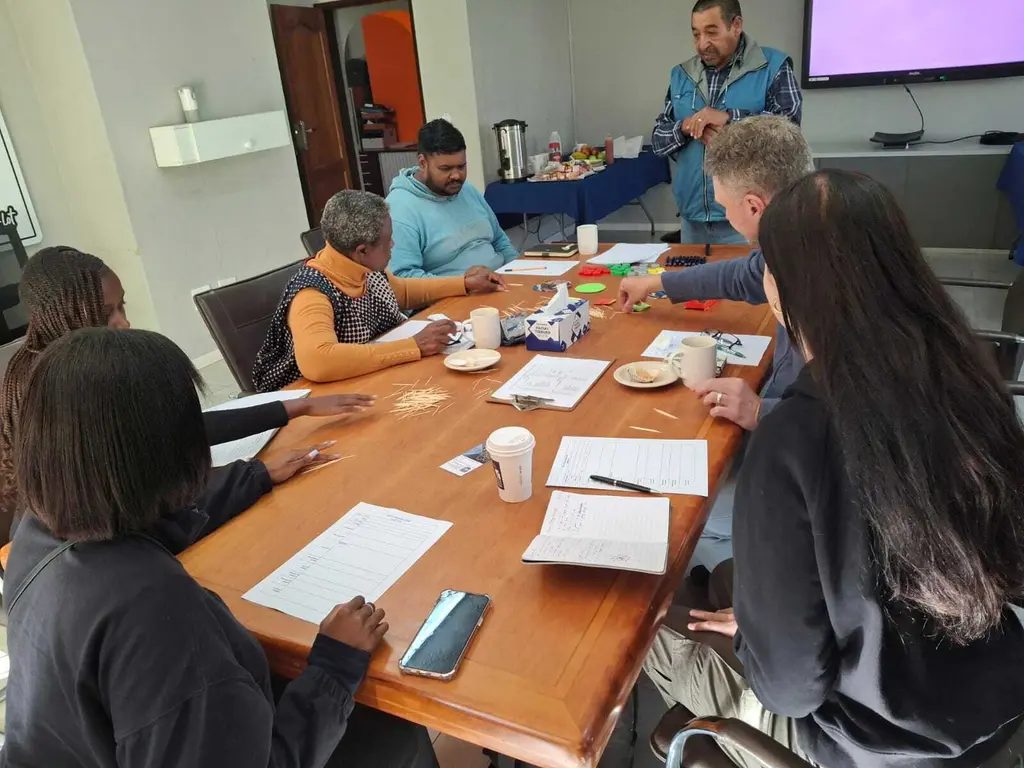
Aside from its school-based programs, Rays of Hope supports a broad spectrum of individuals affected by GBV: women and children who have survived abuse, families bearing the ripple effects of trauma, and young people who are at risk of becoming either victims or perpetrators.
The nature of GBV and other forms of violence, like childhood sexual abuse, is cyclical and reverberates across generations and communities. For that reason, we must engage all community actors in our mission to keep Alexandra free of violence.
We recently partnered with the Brave Movement to create a survivor-centred short film, showing how sexual violence within families impacts survivors and the community. In My justice, my voice: Speaking up to end childhood sexual violence, three public survivors from Alexandra shed light on the prevalence of violence in the community and call on leaders to take action to keep children safe.
By anchoring our work in the reality that we see in our community, we ensure that our interventions reach those most vulnerable: learners navigating unsafe school environments.
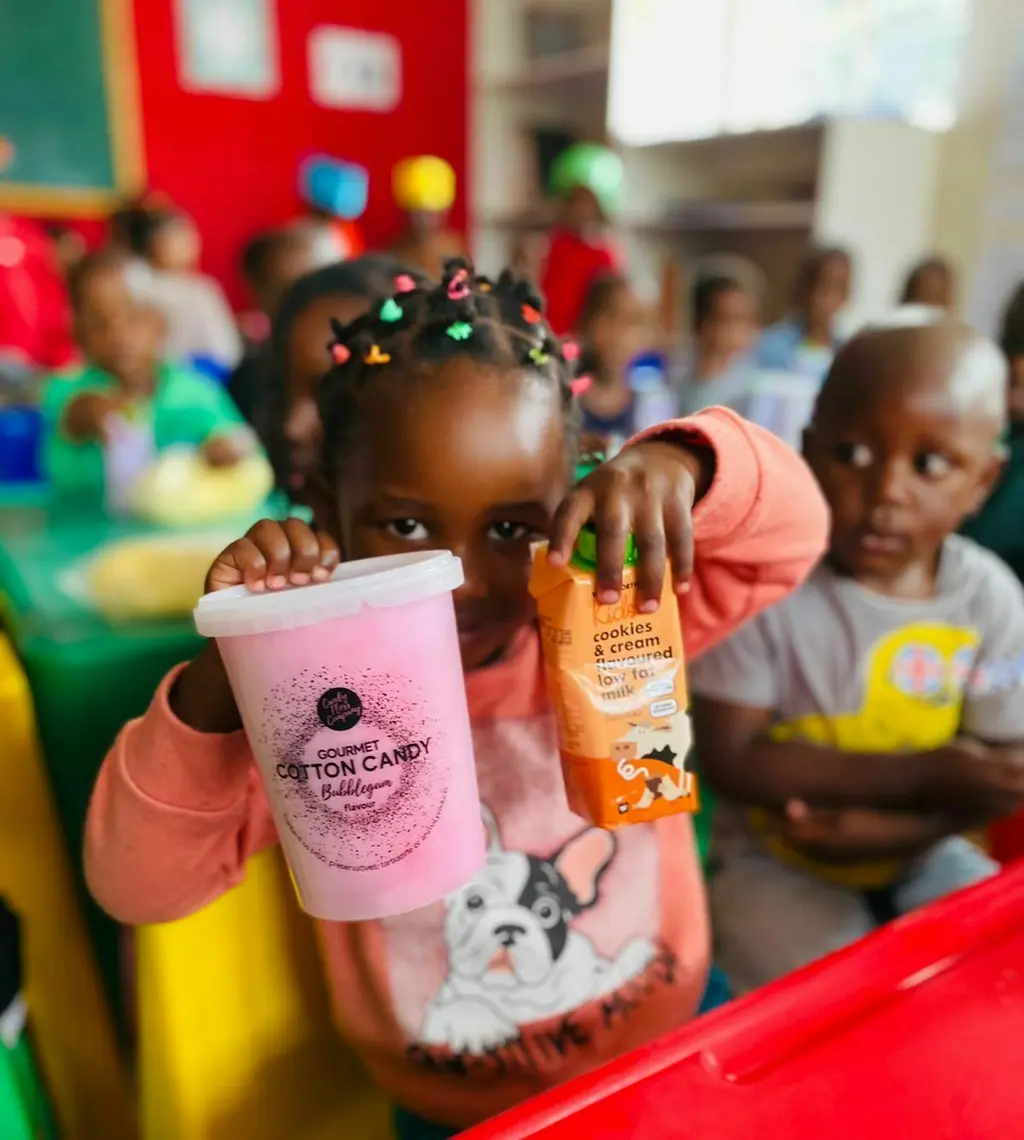
"We help these young people not only recognize and resist harmful norms but also become agents of positive change—rediscovering empathy, respect, and dignity within their peer groups and broader school culture."
Our greatest lesson in our work is that addressing GBV requires patience, persistence, and a collaborative approach. Collaboration with schools, local stakeholders, and survivors is essential for creating sustainable, community-driven impact against GBV. Changing mindsets and supporting healing is a gradual journey, but when survivors are believed, their courage inspires others.
